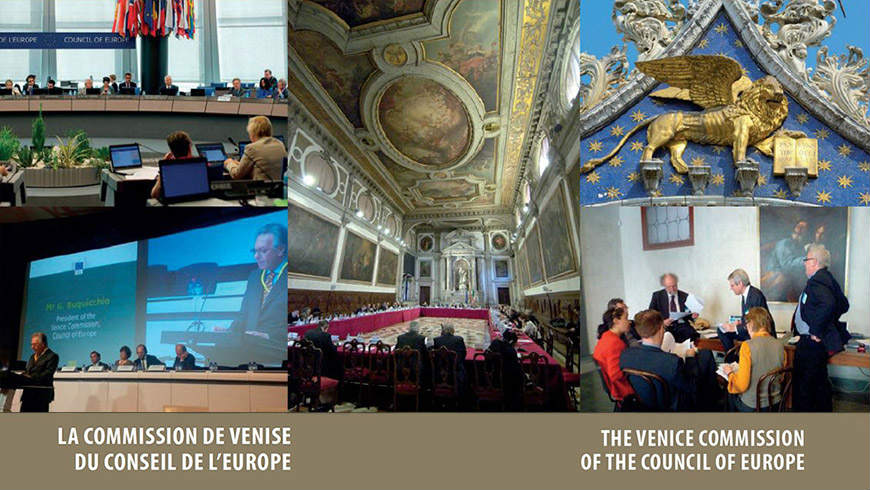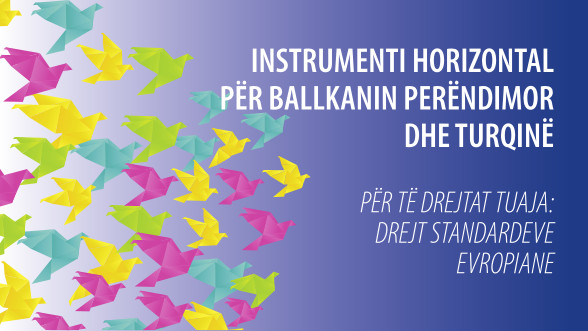The Expertise Co-ordination Mechanism (ECM) continued to be activated to respond to important requests from Horizontal Facility II Beneficiaries for legislative and policy expertise in key areas of the programme, such as ensuring justice, fighting economic crime and combating discrimination, as well as freedom of expression and freedom of the media, but also on constitutional and electoral matters falling within the mandate of the European Commission for Democracy through Law (known as the Venice Commission).
Recently the Venice Commission provided an important number of opinions replying to requests submitted by the authorities of Albania (Opinion on the extension of the term of office of the transitional bodies in charge of the re-evaluation of judges and prosecutors), Kosovo* (Opinion on the draft amendments to the Law on the Prosecutorial Council of Kosovo) , North Macedonia (Opinion on the draft Law on the State of Emergency in response to the COVID-19 crisis) and Serbia (Opinion on the draft constitutional amendments on the judiciary and draft constitutional Law for the implementation of the constitutional amendments; Opinion on the draft law on the referendum and the people's initiative; Opinion on revised draft constitutional amendments on the judiciary and an Opinion on the revised draft Law on the referendum and the People's initiative,see below for more details). At the request of the President of the Constitutional Court of Albania, the Venice Commission also issued an amicus curiae brief on the competence of the Constitutional Court regarding the validity of the local elections of June 2019.
In particular, two opinions regarding Serbia on draft constitutional amendments were adopted. In October, the Venice Commission welcomed the initiative of the authorities to bring the 2006 Constitution, in particular the provisions related to the judiciary, in line with European and international standards. However, it highlighted the need for the parliamentary opposition to continue being involved in the constitutional reform process to secure a political momentum. In a second Opinion on the revised draft amendments, the Venice Commission concluded that most of its previous key recommendations on the draft amendments were taken into consideration. Nonetheless, it found that there was still a need to reduce the risks of politicisation of the High Judicial and the High Prosecutorial Councils. It also urged for the preparation of the legislative changes necessary for the full implementation of the constitutional amendments.
*This designation is without prejudice to positions on status, and is in line with UNSCR 1244 and the ICJ Opinion on the Kosovo Declaration of Independence.


